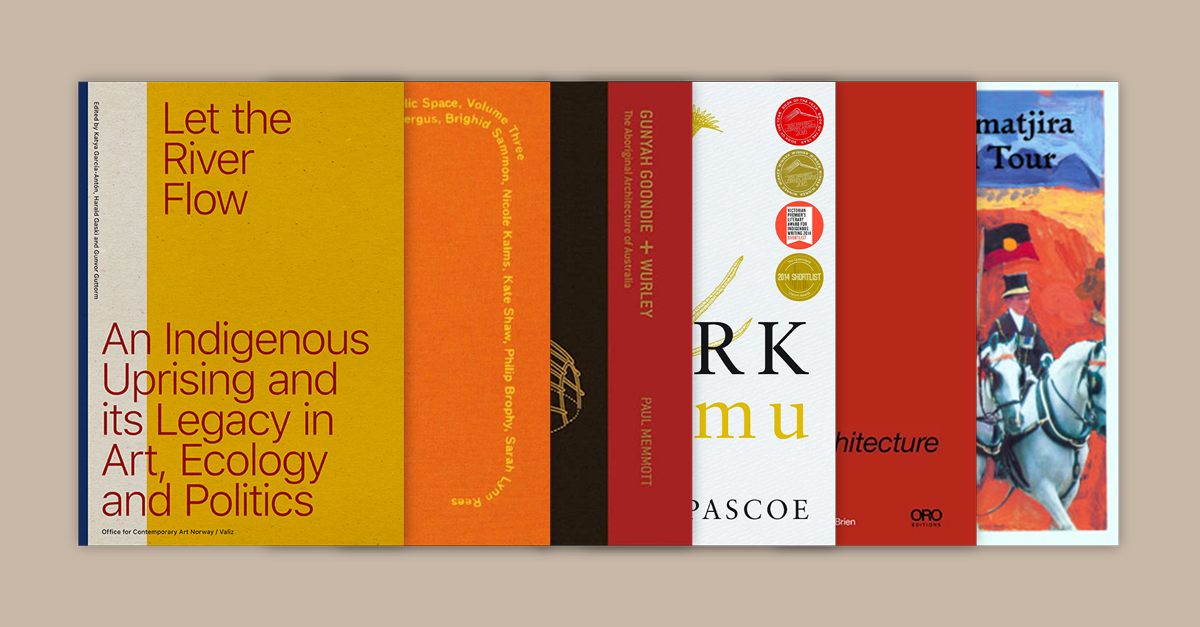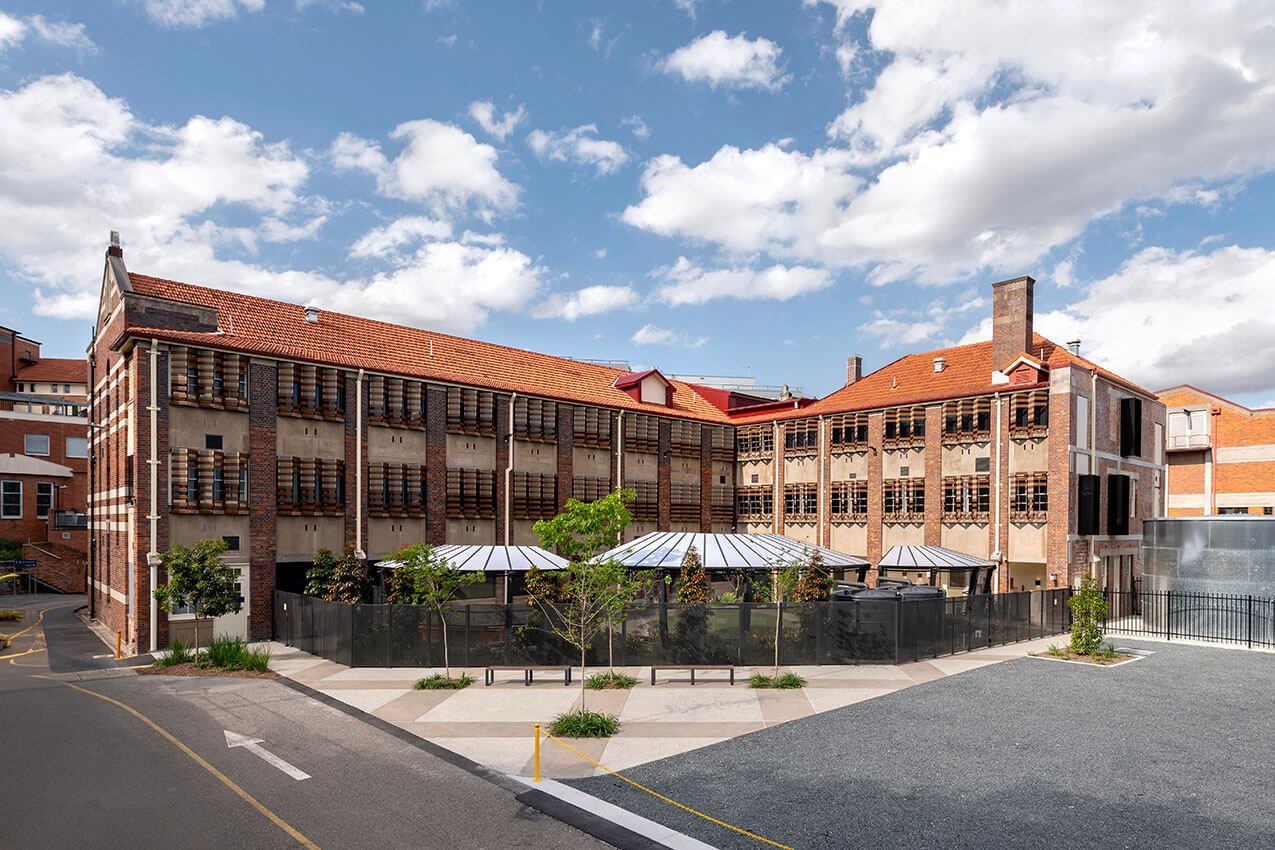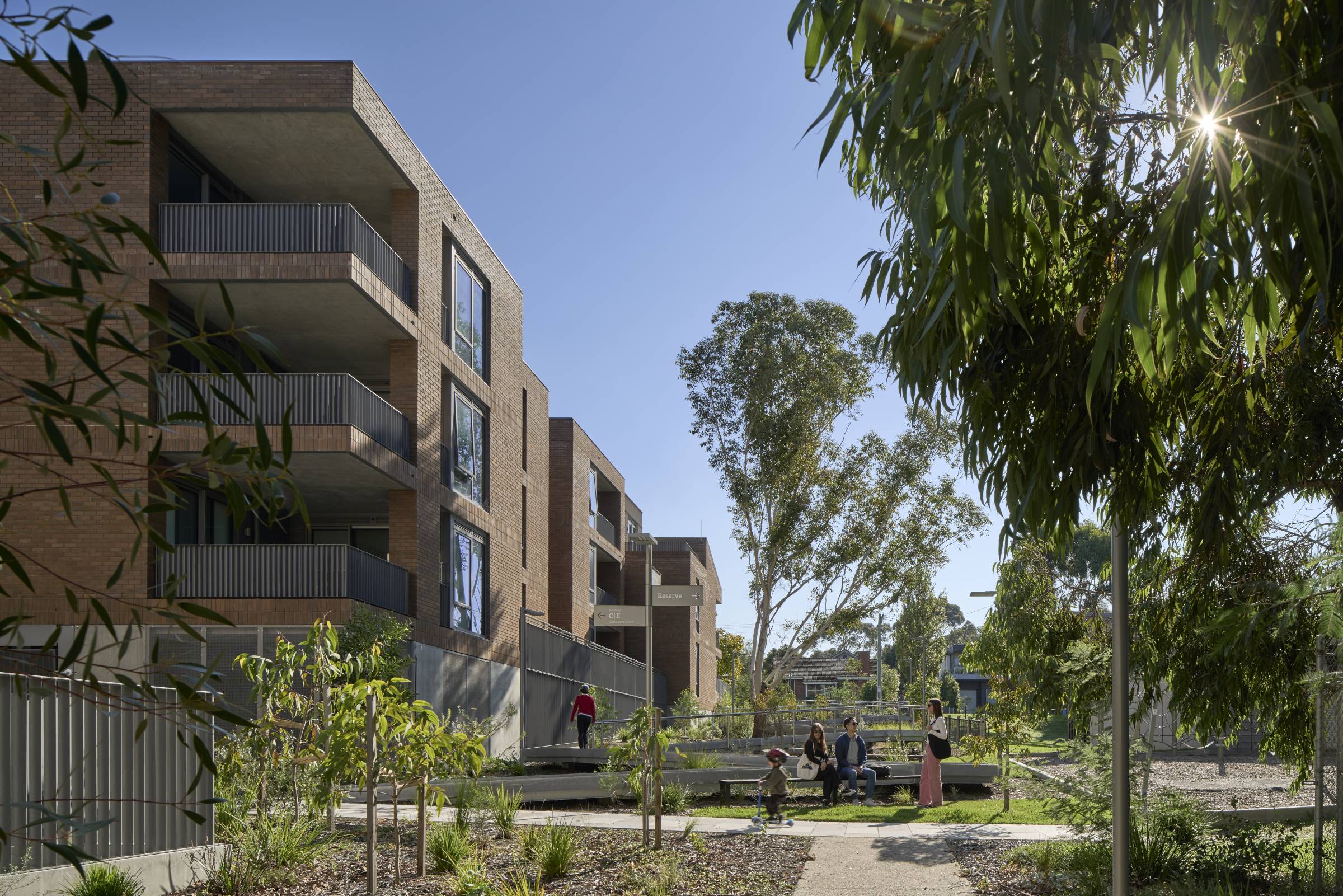
9 Books to celebrate 2021 NAIDOC Week – Heal Country
The theme for 2021 NAIDOC Week is ‘Heal Country’. The Architectus Reflect Reconciliation Action Plan (RAP) resonates this theme as one of our commitments is to investigate opportunities to embed Aboriginal and Torres Strait Islander peoples, cultures, and contributions throughout our design process.
We have so much to learn. Here are some of our favourite books focused on Country, history, architectural theory, and practice:
- ‘Let the River Flow’ by Aslak Holmberg et al, is a case-study into how a rally powered movement, through arts and many voices influenced public space.
- ‘Politics of Public Space by Office’ contains an essay by Sarah Lynn Rees gives insights and highlights how to work respectfully with Elders and Communities.
- ‘Gunyah, Goondie + Wurley: The Aboriginal Architecture of Australia’ by Paul Memmott is an architectural investigation into formal tactility. This was referenced in;
- Bruce Pascoe’s book ‘Dark Emu’, a statement revisiting the term hunter-gatherers, and how this term short changed history and value.
- ‘Our Voices’ by Dr Rebecca Kiddle et al, embeds Indigenous culture within architectural theory, ideas, and practice.
- ‘The Royal Tour’ by Vincent Namatjira is a remarkable collection of work by Namatijra.
- ‘The Yield’ by Tara June Winch is the story of the dispossessed as much as it is a celebration of what endures.
- ‘Goori Reader’ by Dr. Gary Foley, an icon, writes about how Indigenous artifacts, works of art and culture are still being withheld by large corporations.
- ‘Landscape as Protagonist’ by Molonglo Group demonstrates a way of procuring and developing projects through collective discussions, embedded within an insightful essay by Uncle Dave Wandin, a Wurundjeri Elder.
NAIDOC Week runs from 4 – 11 July 2021 and can be celebrated through a number of activities and events across the country. Find out how you can get involved by visiting: naidoc.org.au
Architectus acknowledges the Traditional Custodians of the lands and waters where we live and work, and we pay our respects to Elders past, present and emerging.



